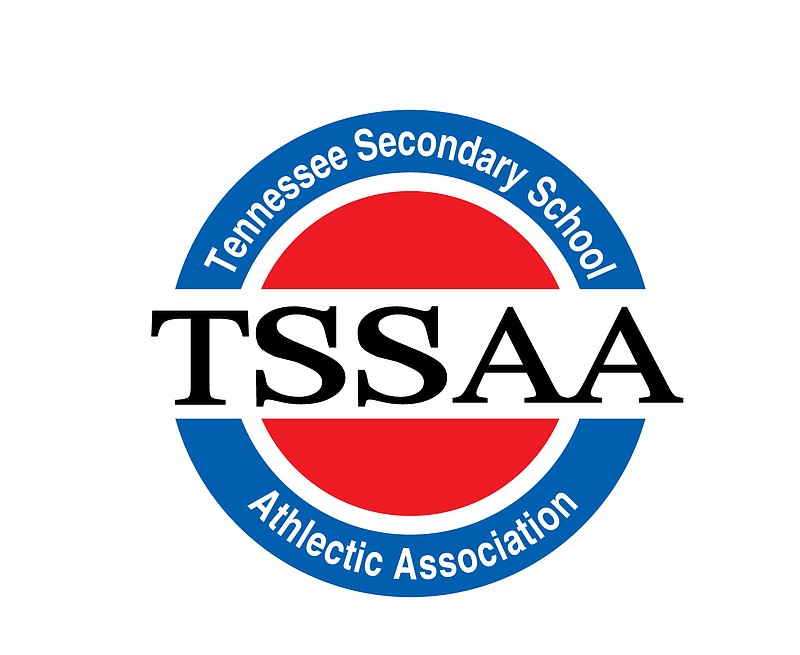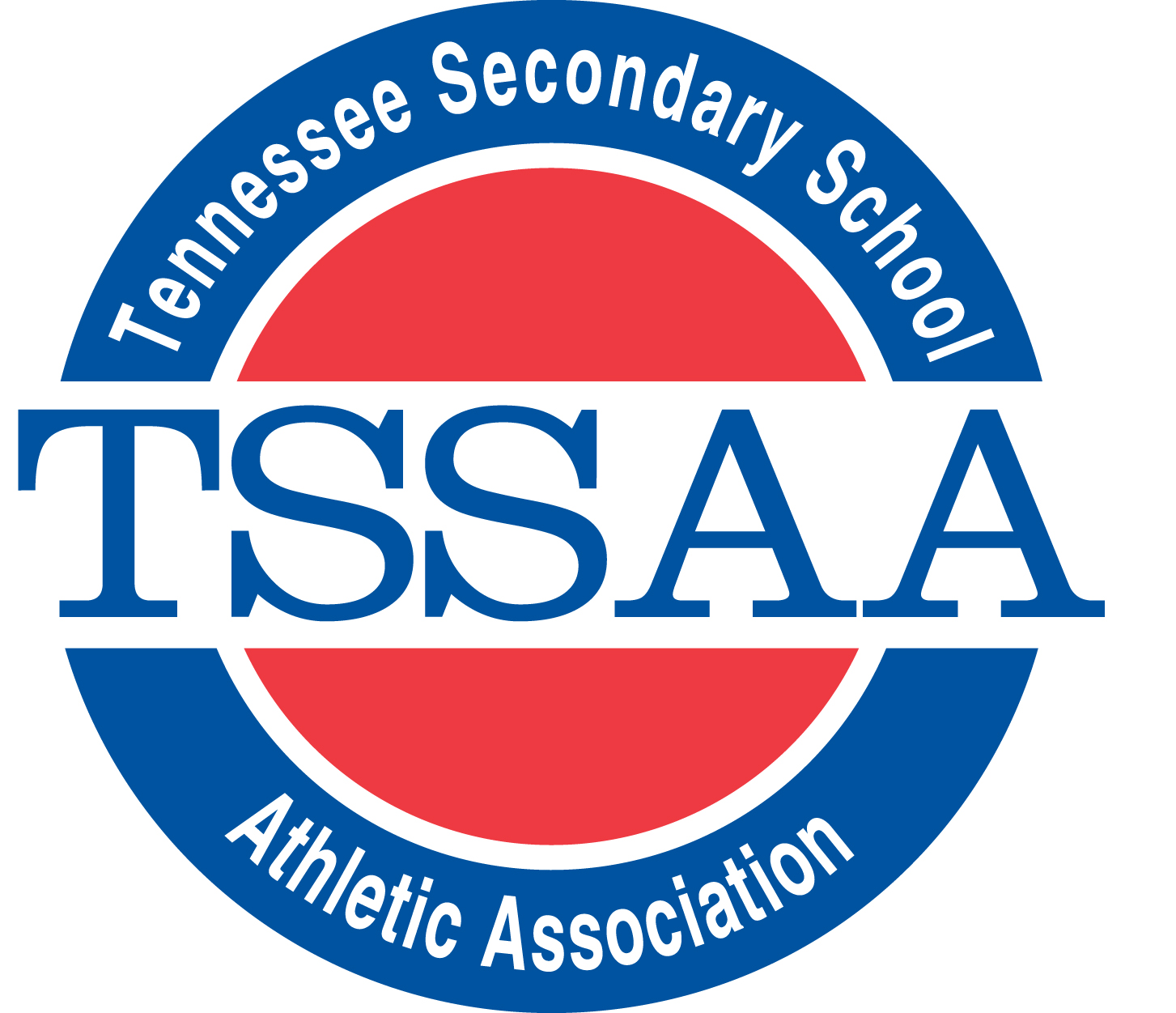When it surveyed its high school administrators, the TSSAA found that the feeling was split almost 50-50 on whether to stay with the current six-classification format for Division I football or return to the five-class format it used from 1993 to 2008.
But in a survey conducted by Nashville newspaper The Tennessean last winter, 60 percent of coaches wanted a return to five classes.
The nine-member TSSAA Board of Control will vote on the issue today, and board member Tommy Layne, principal at Sequatchie County, held a meeting with area coaches a couple of weeks ago.
"I think he had his mind made up," Red Bank coach E.K. Slaughter said. "He told us his gut feeling is that it's going to stay the same. A lot of coaches left that meeting unsure what its purpose was.
"I don't think it's fair to put some of the board members in that situation because they're looking at their own situation. You can't avoid bias."
Lookout Valley coach Tony Webb said he thought Layne did want to get a feel for coaches' thoughts.
"A couple of coaches spoke, but it was directed toward what was in their best interest," Webb said. "[Layne] didn't take a vote, which I think would've been the right thing to do. I don't know if he felt better or how he was going to vote. Since he called the meeting I would think he hadn't made up his mind on how to vote."
Webb expressed concern.
"What are the reasons why they're voting in a particular way? Is it money?" he wondered. "How much [the TSSAA and schools] are making. To me it should be about competitive fairness, and if you're not voting that way - if you're voting to make more money - that doesn't feel right to me," he said. "Maybe all nine are voting unbiased and they really do believe this [current] situation is the best."
TSSAA assistant executive director Mark Reeves said money wasn't, or shouldn't be the issue. Since going to six classes, he said the TSSAA has added an additional average of $100,000 annually.
"It's a significant amount of money, but it is not going to break the association," Reeves said. "Since 1995 we had counted on five classes [in Division I] and we were fine, and we'd be fine if we went back to five classes. Money shouldn't be a consideration."
Coaches realize that there are pluses and minuses to each system.
"I like five classes because you get a biggest district and have nine games built into your schedule, but five classes would put us with schools that are a lot bigger than us," Boyd-Buchanan coach Grant Reynolds said. "Right now we're playing schools more comparable to our size. There is a little more travel in five classes, but you know who you're going to be paired with in the playoffs. In six [classes], the postseason is a mystery."
Part of the problem is scheduling; another is travel; another is keeping programs funded; yet another is level of competition.
"If it stays the same it would hurt us financially district-wise, and it's tough to pick up games that could bring in money at the gate," Slaughter said. "If it stays the same you can forget about us scheduling anybody good nondistrict, at least from around here."
Webb acknowledged that some schools are helped by the six-class format, but he has problems playing larger schools that are in his district with the outcome of those games affecting his school's playoff chances.
"Some schools are better off," he said. "I know Silverdale is because the multiplier [invoked on nonscholarship private schools that play in Division I] bumps them up. Their problem is the multiplier rather than classification. But I still don't think it is right for single-A schools to play double-A schools and it count as a district game.
"I hope every [board member] votes for what's in the best interest of the state and not just their school."
Reeves said it's likely that TSSAA head Bernard Childress plans to present a recommendation to the board today. Childress has not made his feelings public.
"He didn't want to influence their decision-making on what would be best for their division or the state as a whole," Reeves said.

